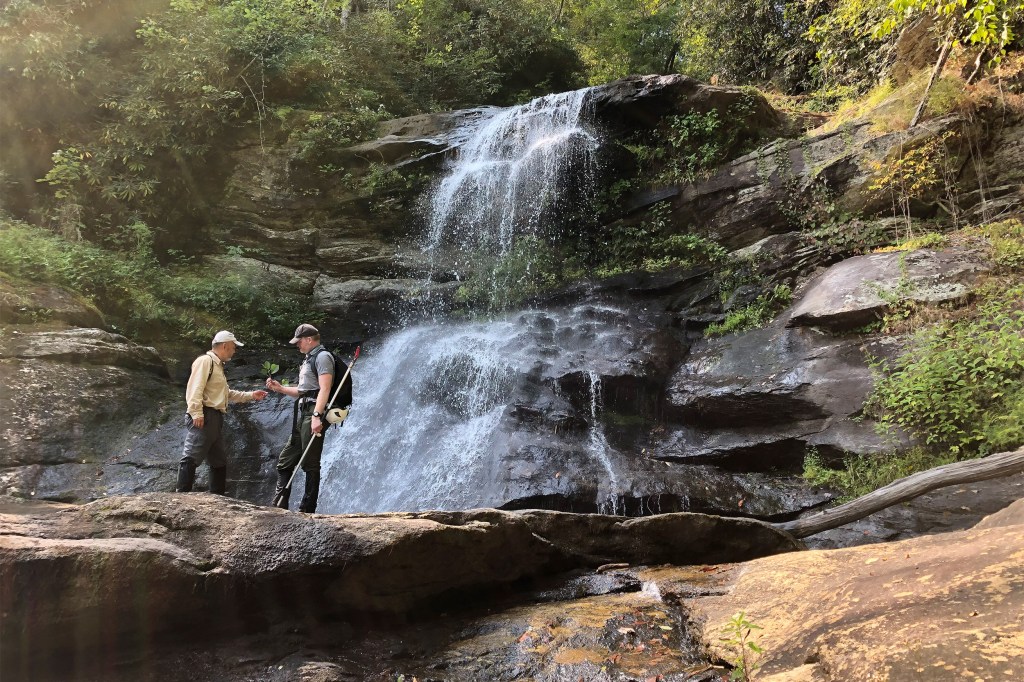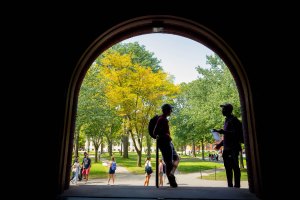Science & Tech
-

Cracking the code of why, when some choose to ‘self-handicap’
New research also offers hints for devising ways to stop students from creating obstacles to success

-
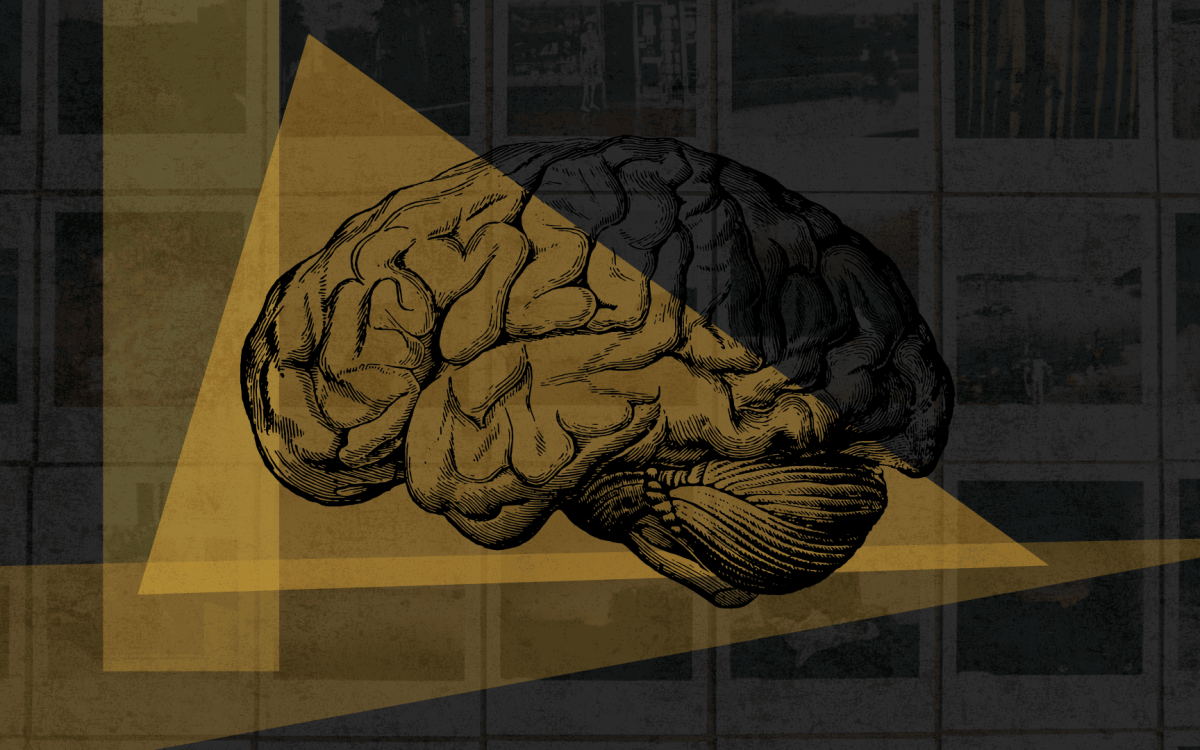
How memory works (and doesn’t)
In podcast, scientists explain why remembering is more reconstruction than replay
-

Mapping our deep-rooted relationship with medicinal plants
Regions with longer histories of human settlement tend to have greater variety, study finds
-
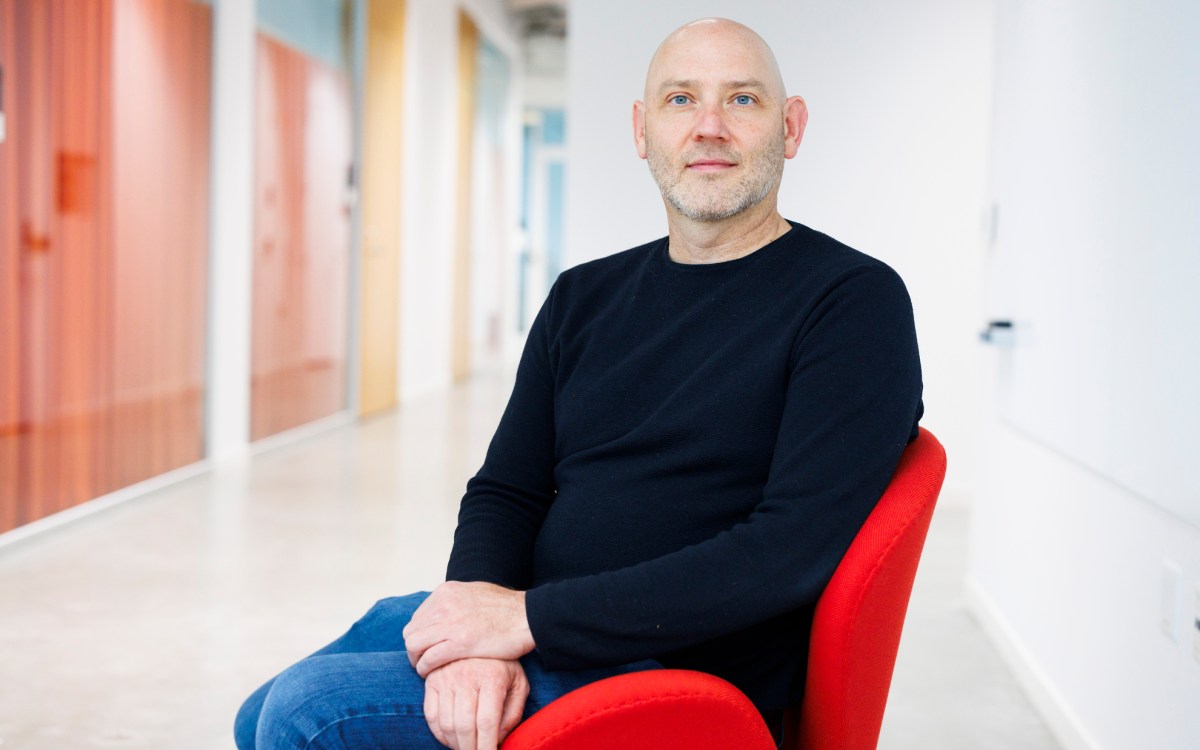
Technically, it’s possible. Ethically, it’s complicated.
Surge in AI use heightens demand for Harvard program that examines social consequences of computer science work
-
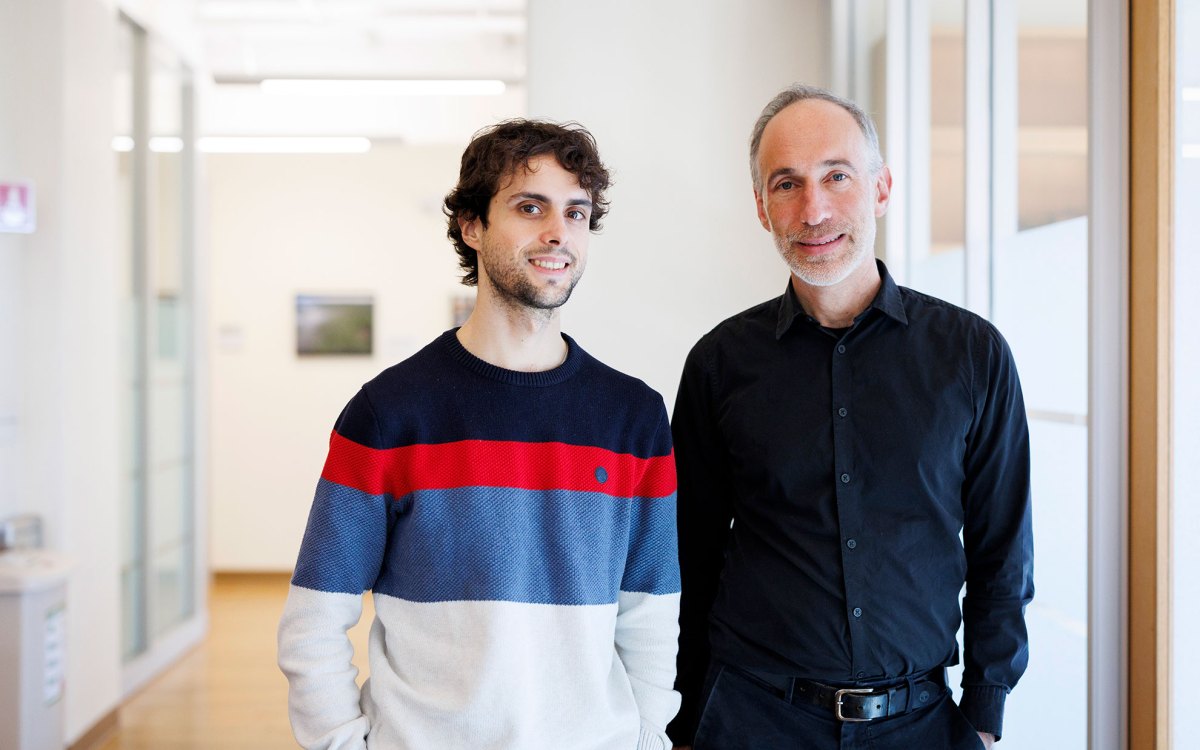
Solving mystery at tip of South America
Study finds previously unknown ancient lineage of indigenous people, which gave rise to surprisingly diverse mix of cultures

-
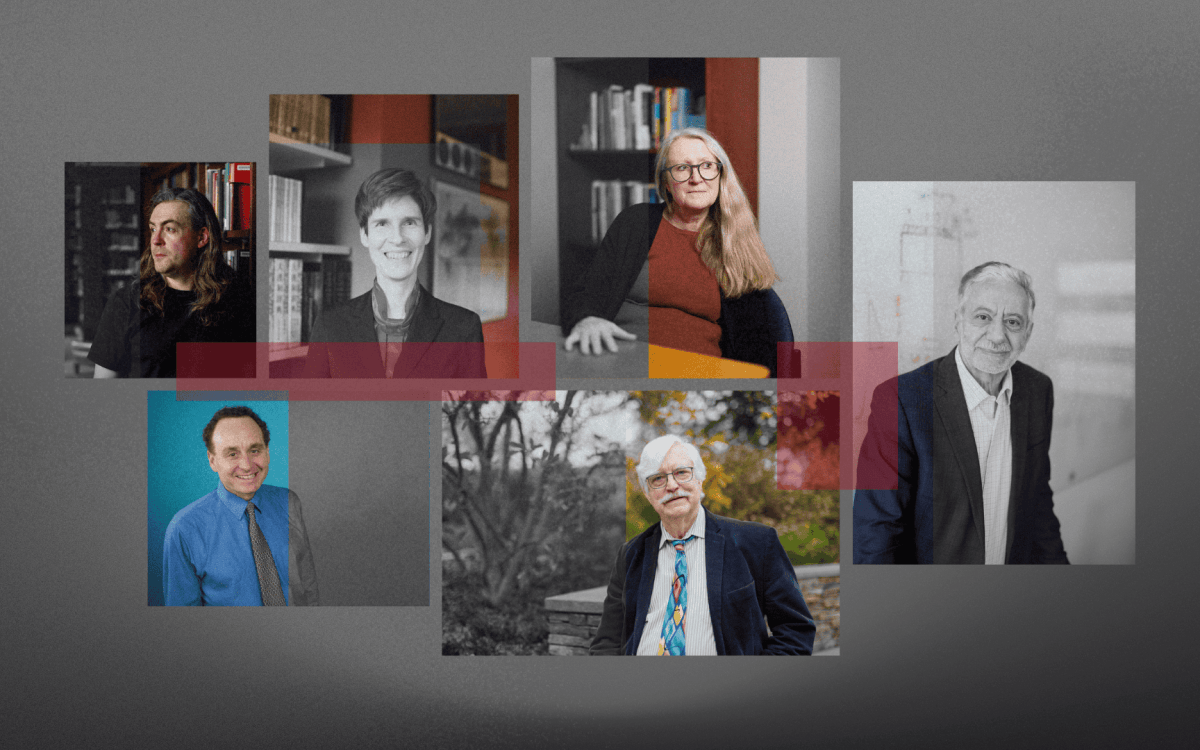
Is AI dulling our minds?
Experts weigh in on whether tech poses threat to critical thinking, pointing to cautionary tales in use of other cognitive labor tools
-
The ‘right’ diet
Professor Emily Balskus and her team have identified an entirely new class of enzymes that degrade chemicals essential for neurological health, but also help digest foods like nuts, berries, and tea, releasing nutrients that may impact human health.

-
A crisper CRISPR
Fewer off-target edits and greater targeting scope bring gene editing technology closer to treating human diseases.
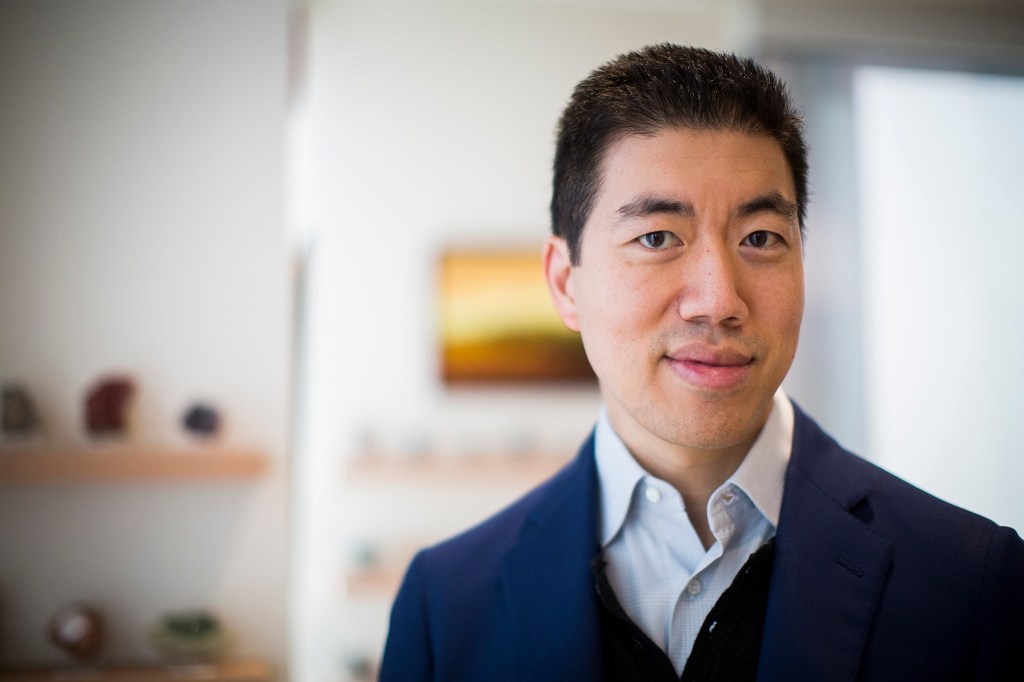
-
Going where the diversity is
Two graduate students from Arnold Arboretum have created the Mamoní Valley Preserve Natural History Project, an ongoing series of student-led field expeditions designed to increase our understanding of how biodiversity can persevere in the face of climate change, deforestation, and human disturbance.
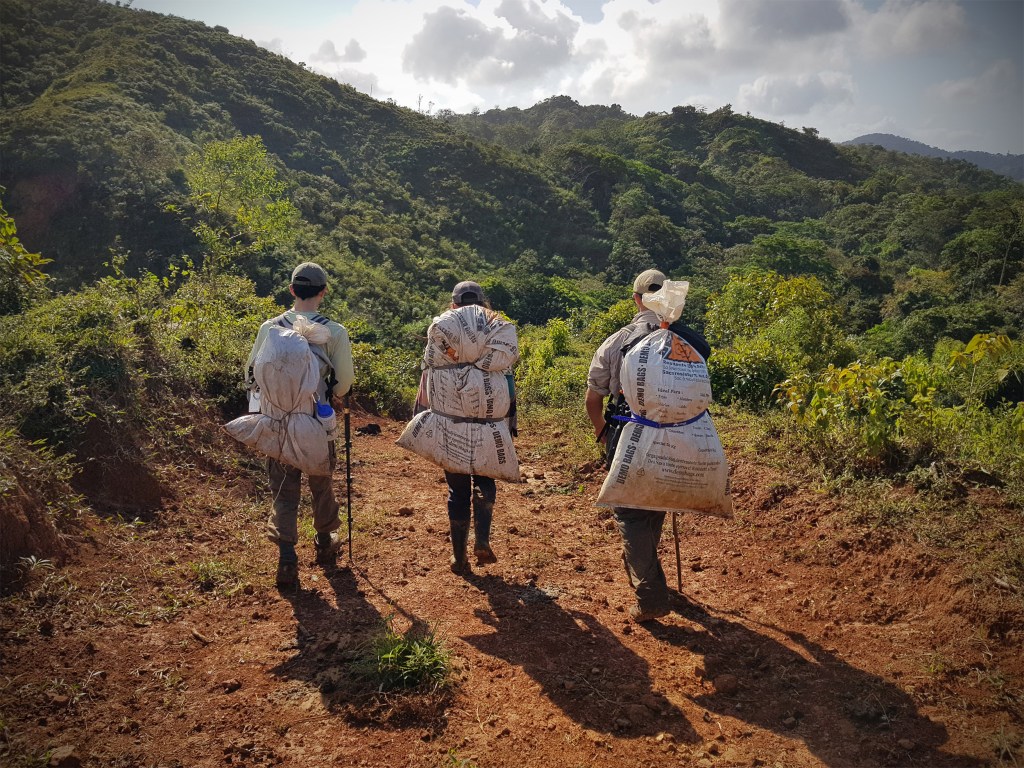
-
New details about mumps outbreaks of 2016‒17
Studying the mumps virus genomes in 2016 and 2017 filled in gaps about how the disease was spreading in Massachusetts and elsewhere in the U.S.
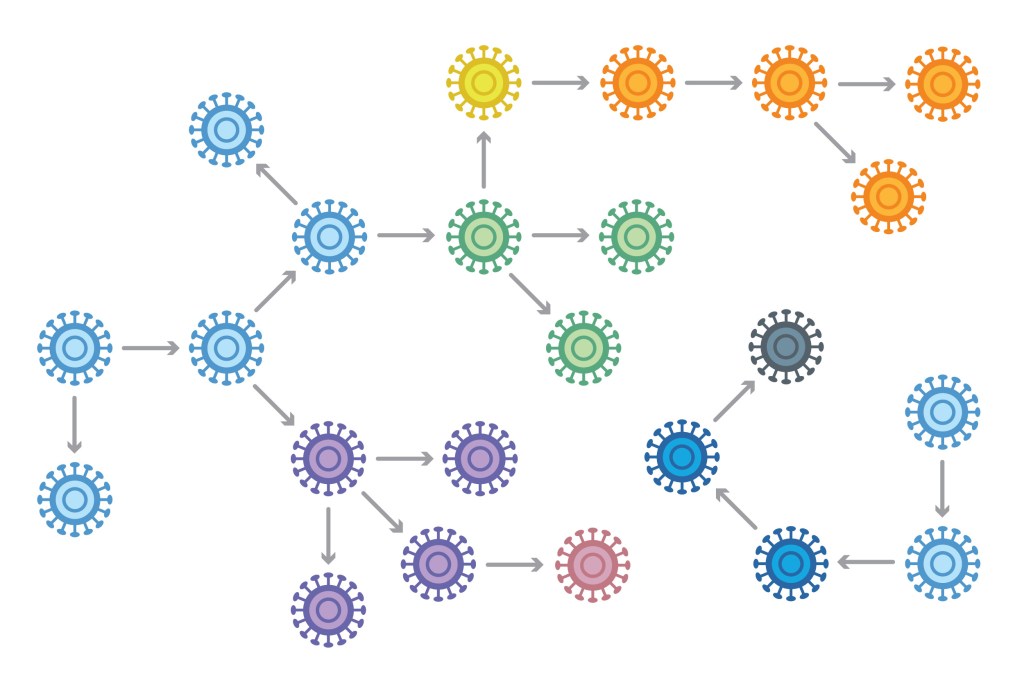
-
Getting the brain’s attention
New technology helps dissect how the brain ignores or acts on information
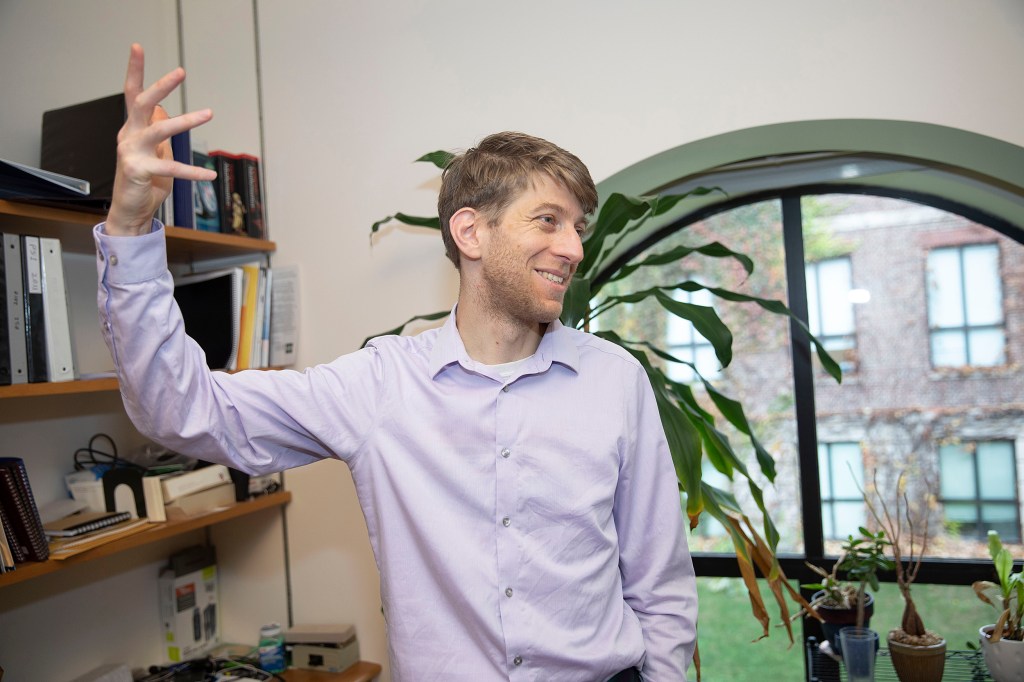
-
How I hacked the government (it was easier than you may think)
Though no expert coder, Max Weiss ’20, a government concentrator uses bots to show an agency its website vulnerability.
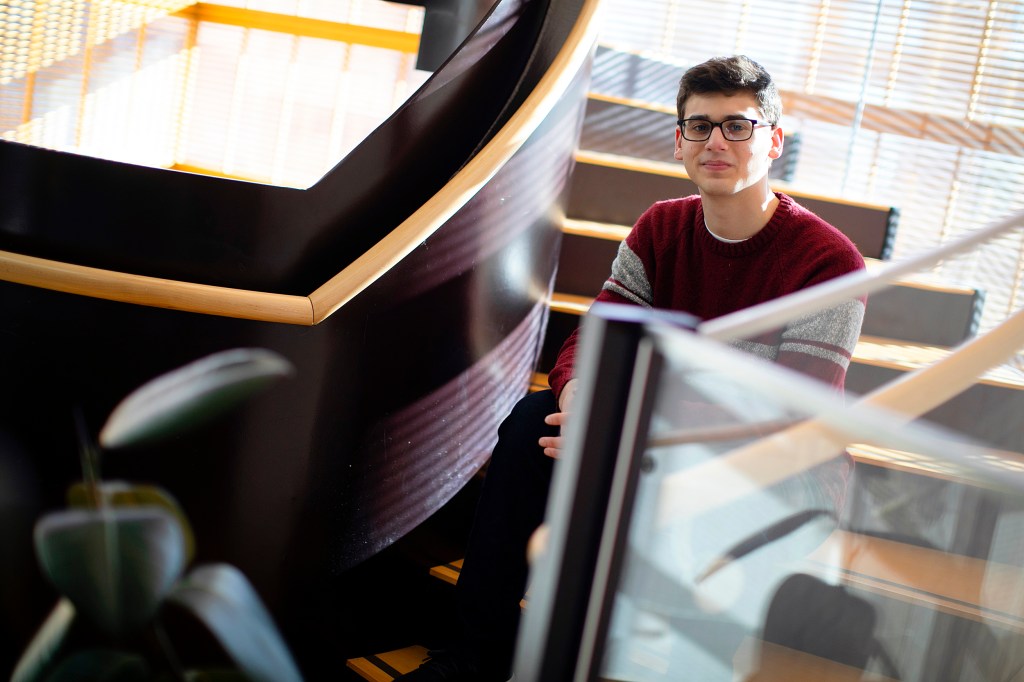
-
Collaboration generates most complete cancer genome map
An international team of 1,300 scientists has generated the most complete cancer genome map to date, bringing researchers closer to identifying all major cancer-causing genetic mutations.
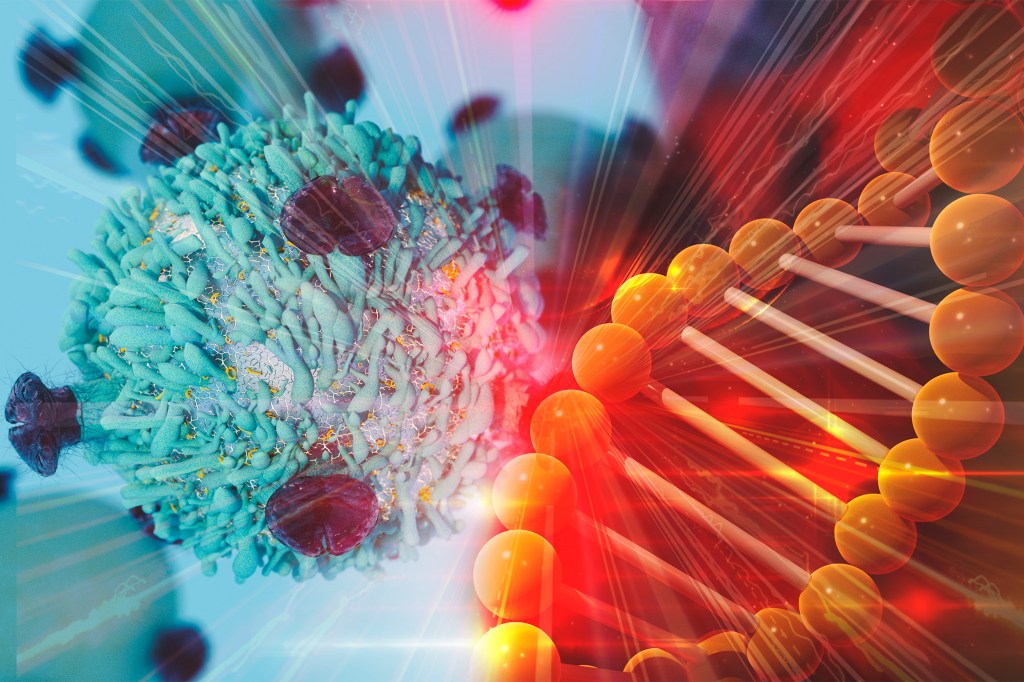
-
Evaluating the hidden risks of herbicides
Research into the gut microbes of wasps shows that exposure to atrazine, a widely used herbicide, leads to changes in the gut microbiome that are passed to future generations. Findings indicate that the microbiomes of insects, including pollinators, and of humans should be considered when evaluating the biorisk of pesticides.
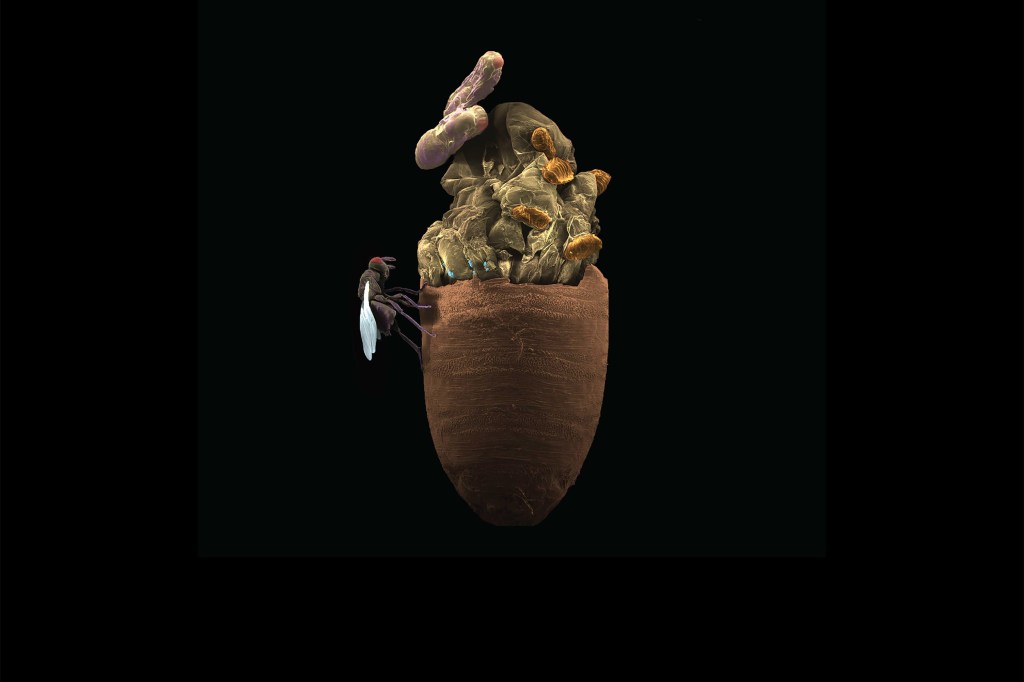
-
Filling in the blanks of evolution
Harvard Researchers show what drives functional diversity in the spines of mammal.
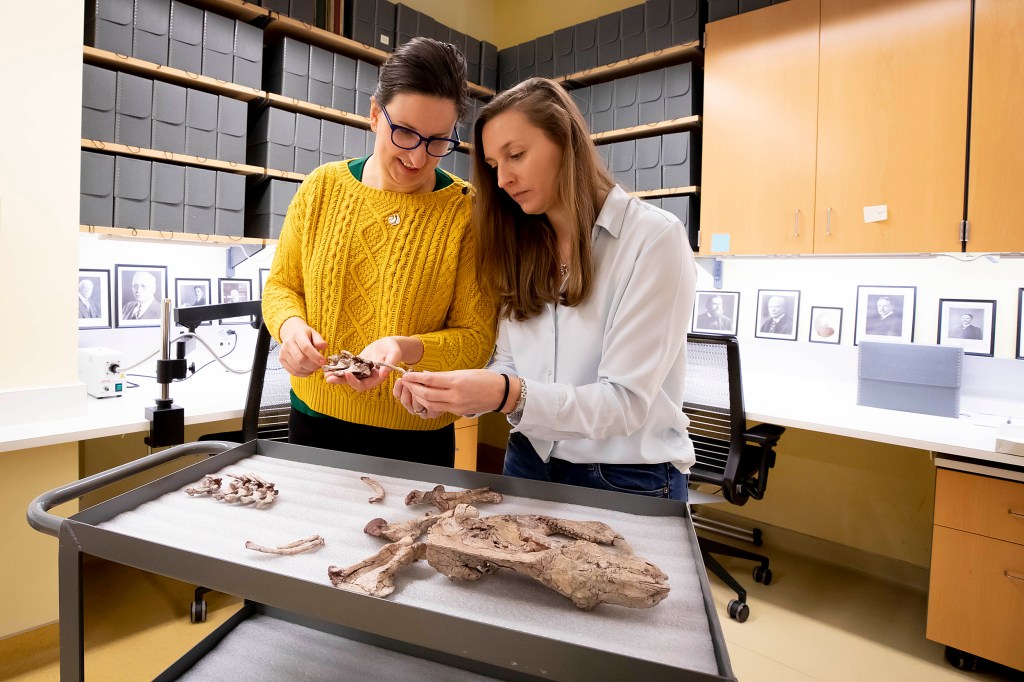
-
Hidden hearing loss revealed
Harvard researchers have found two biomarkers that may help explain why a person with normal hearing struggles to follow conversations in noisy environments.
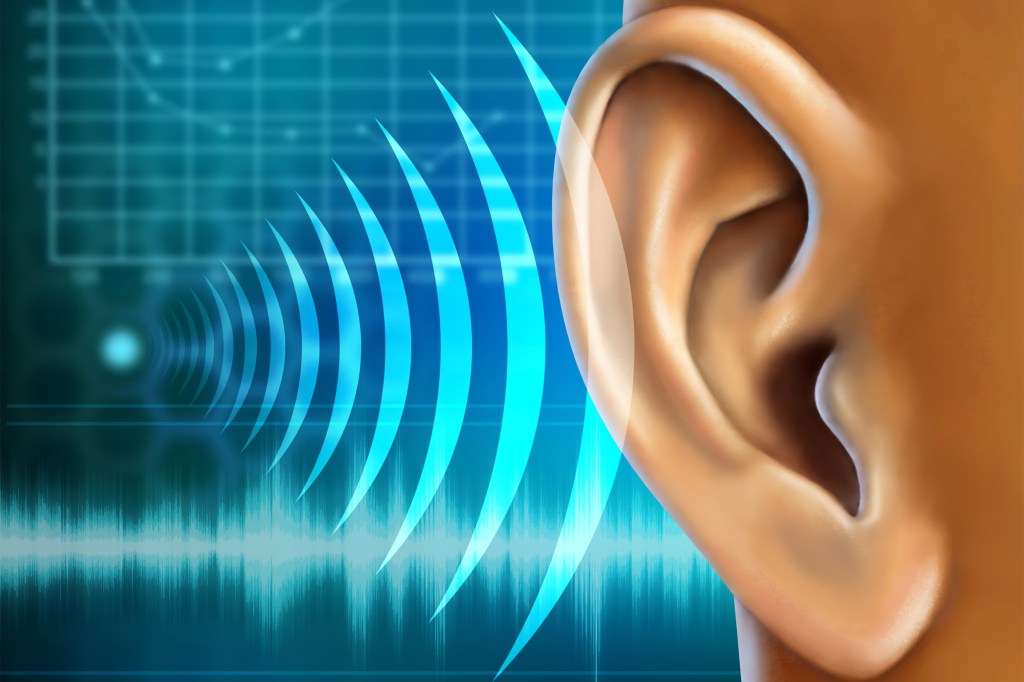
-
Jeté into an ionic bond
Ph.D. student Frederick Moss brings together the incongruous worlds of science and art.
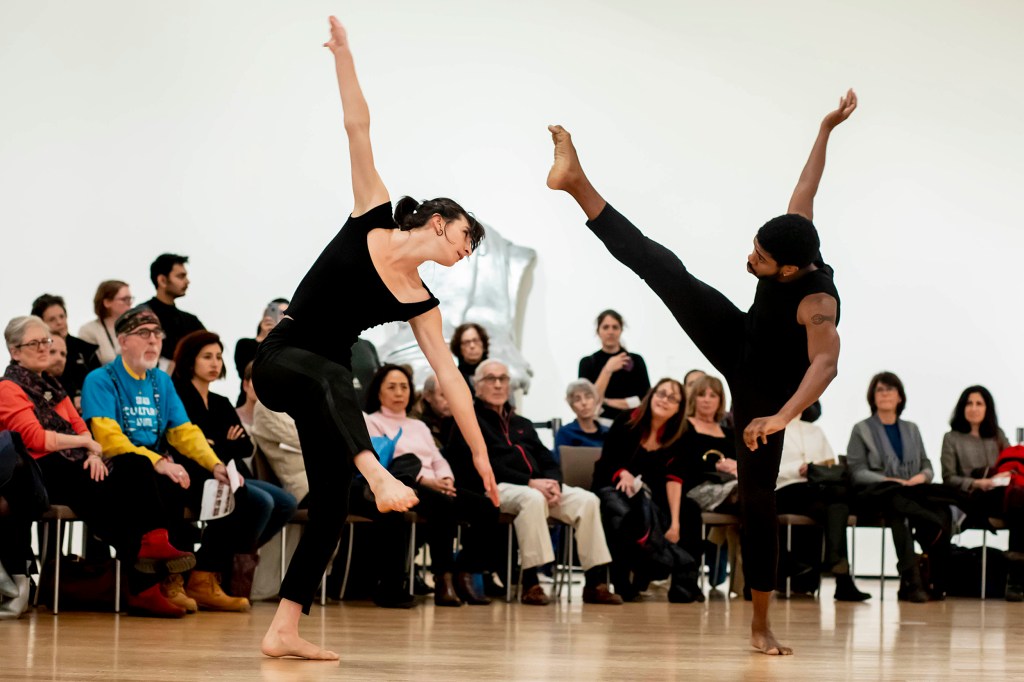
-
Translating black holes to the public — in 25 languages
Harvard’s educational mission is bringing the universe’s strangest creation to the world, as short videos about black holes have been seen by millions.
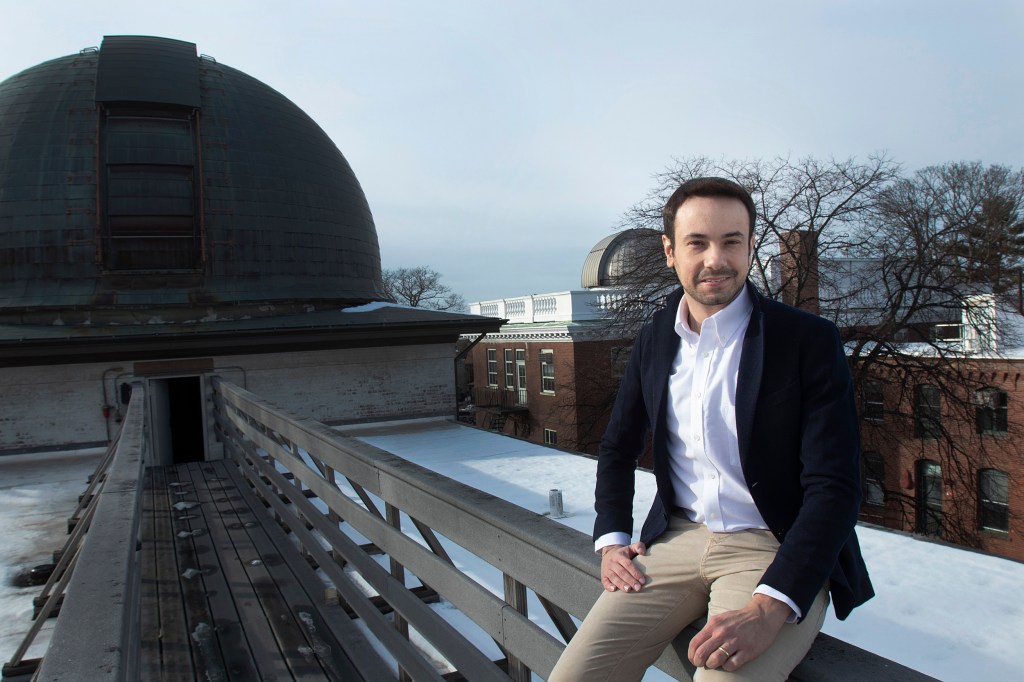
-
Life’s Frankenstein monster beginnings
The evolution of the first building blocks on Earth may have been messier than previously thought, likening it to the mishmash creation of Frankenstein’s monster.

-
Next generation of organ-on-chip has arrived
Multiple human organ chips that quantitatively predict drug pharmacokinetics may offer better, accelerated drug testing
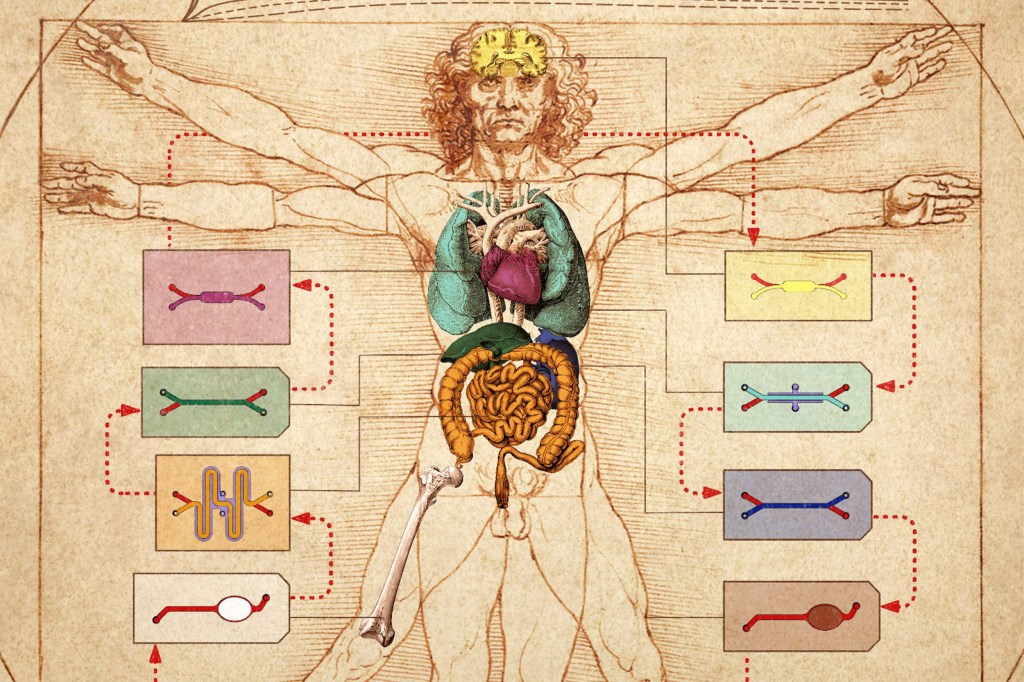
-
Feel like kids, spouse, work giving you gray hair? They may be
Harvard scientists have found evidence to support long-standing anecdotes that stress turns hair gray.

-
Finding new land-management lessons in old ways
A new study overturns long-held beliefs about the role humans played in shaping the landscape pre- and post- European colonization.
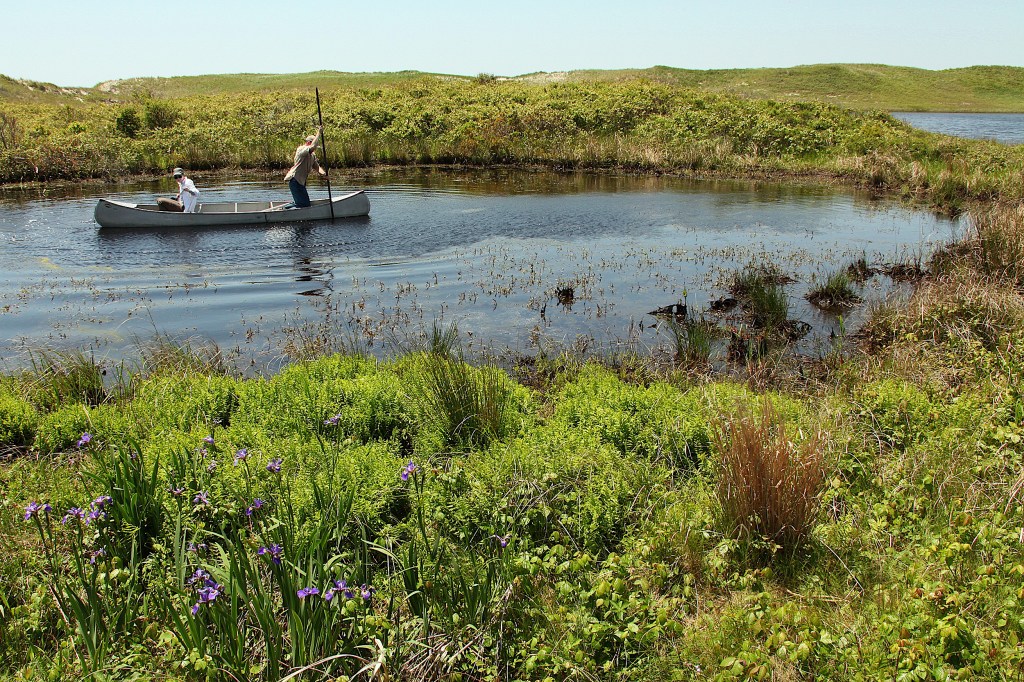
-
The next decade in science
The Wyss Institute asked its faculty members to predict the biggest scientific advancements in their fields in the next 10 years.
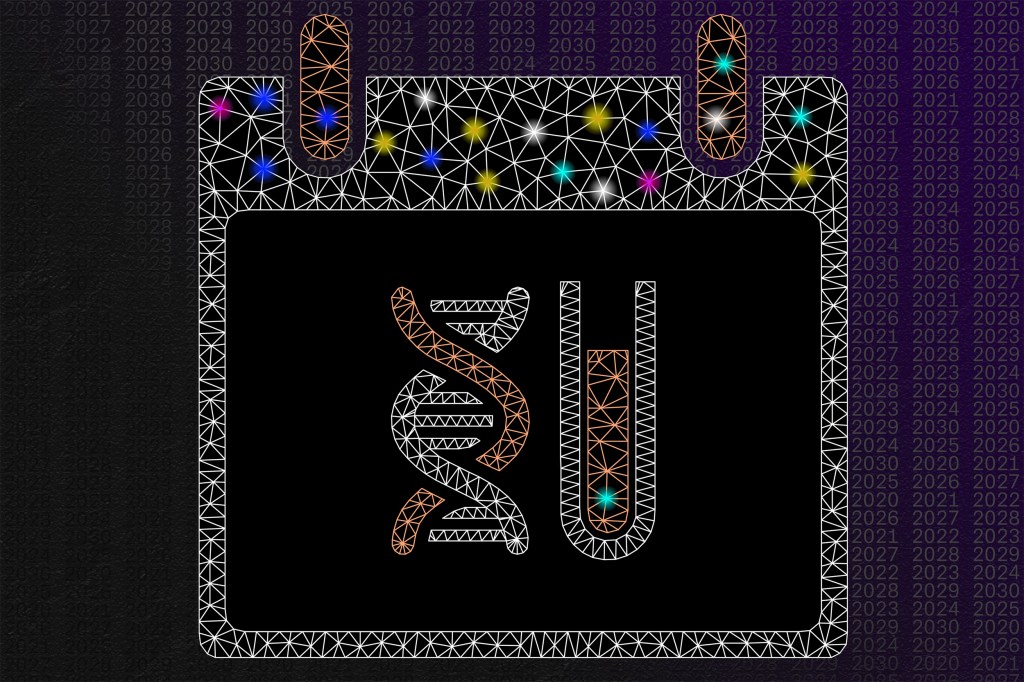
-
Study looks to genome editing to treat deadly degenerative disorder
Harvard stem-cell research receives support from Sarepta Therapeutics for work on Duchenne muscular dystrophy.
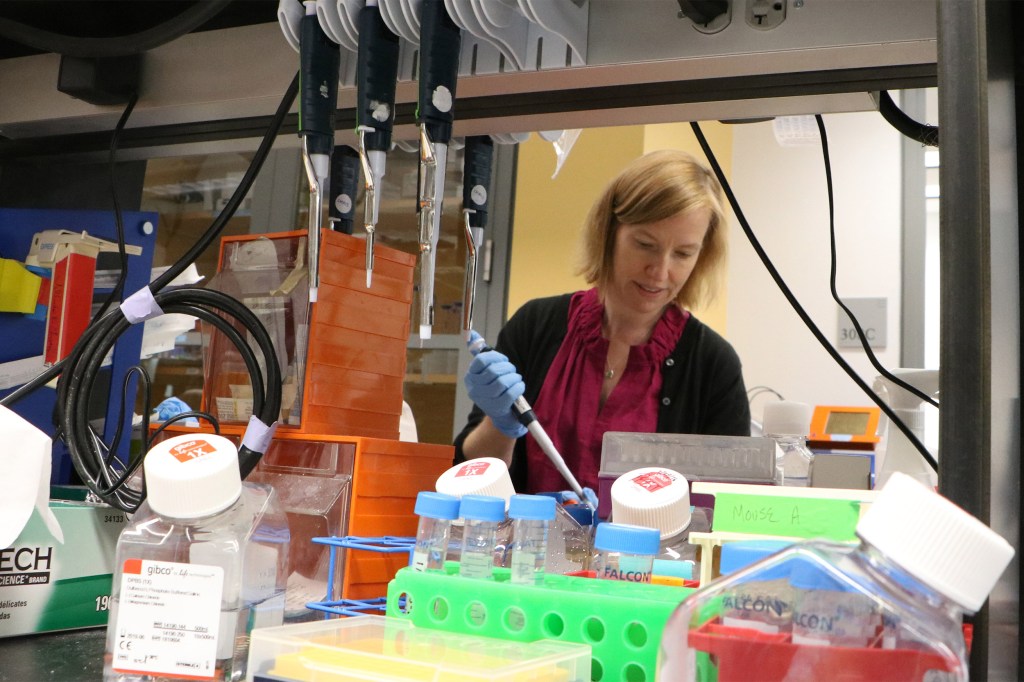
-
Backbone of success
Harvard researchers have unveiled the first stem cell models of human spine development, setting the stage for better understanding of musculoskeletal and metabolic disorders, including congenital scoliosis, muscular dystrophy, and Type 2 diabetes.
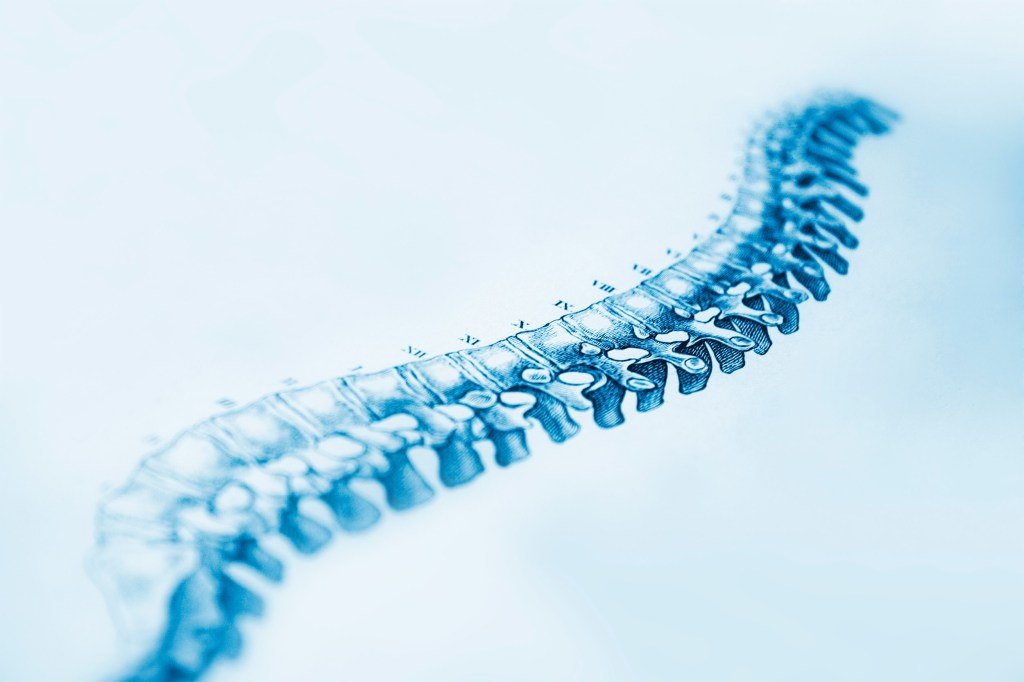
-
New hope for sensory calm
Harvard professors David Ginty and Lauren Orefice describe how their innovations present a novel approach to treating tactile hypersensitivity in patients with autism-spectrum disorders.

-
The giant in our stars
Astronomers at Harvard have discovered a monolithic, wave-shaped gaseous structure — the largest ever seen in our galaxy — and dubbed it the “Radcliffe Wave.”
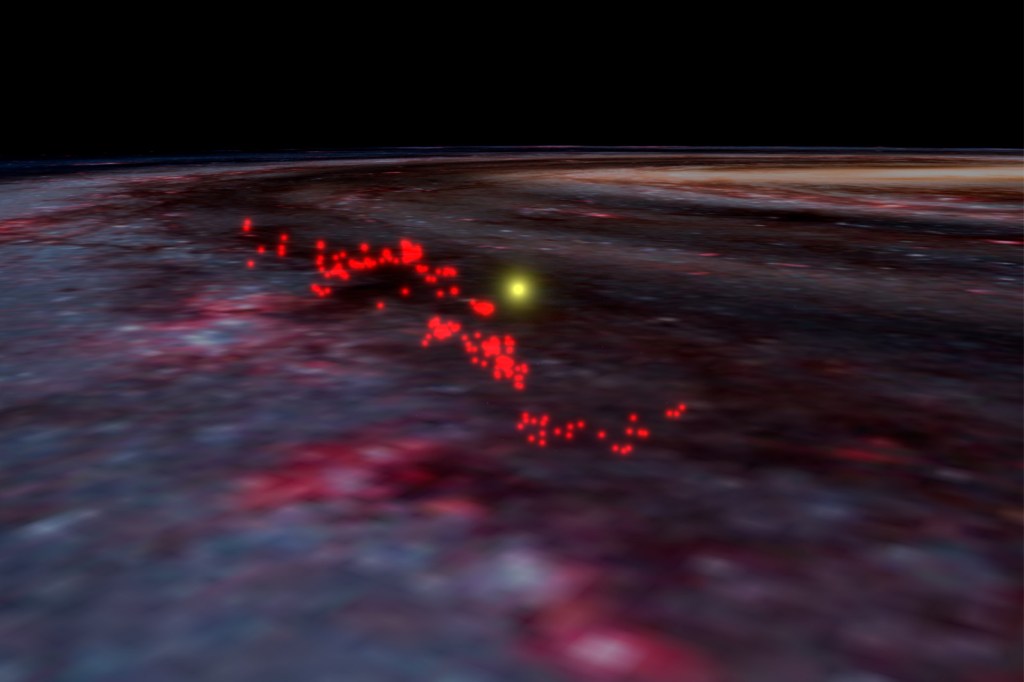
-
Catching lightning in a bottle
Harvard researchers have performed the coldest reaction in the known universe by capturing a chemical reaction in its most critical and elusive act.
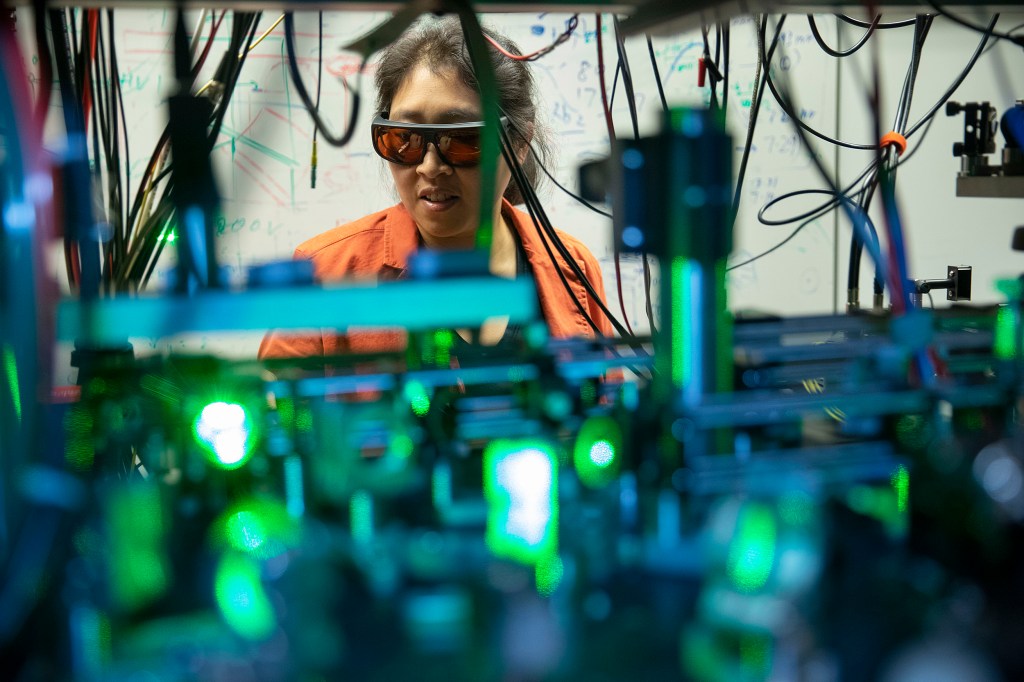
-
Power play
With “High Sees,” architect Megan Panzano reasserts how play can impact mental and social development.

-
Helping to uncover the mechanism controlling brain states
A team of researchers led by two Harvard alumni uncover a switch that controls brain states.
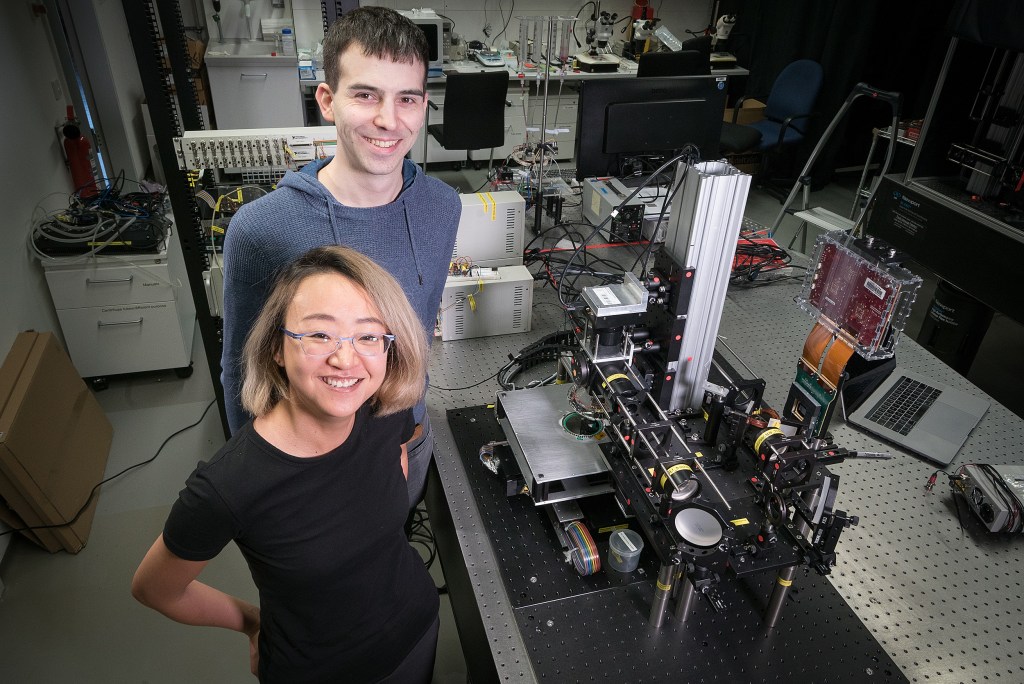
-
The power of positive phrasing
Analysis of more than 6 million clinical and life-science papers shows articles with male lead authors are up to 21 percent more likely than those with female lead authors to use language that frames their research positively, which could contribute to persistent gender gaps in pay and career advancement in life sciences and medicine.

-
Living hydrogel can help heal intestinal wounds
A genetically programmed living hydrogel material that facilitates intestinal wound healing is being considered for development as a probiotic therapy for patients with inflammatory bowel disease.
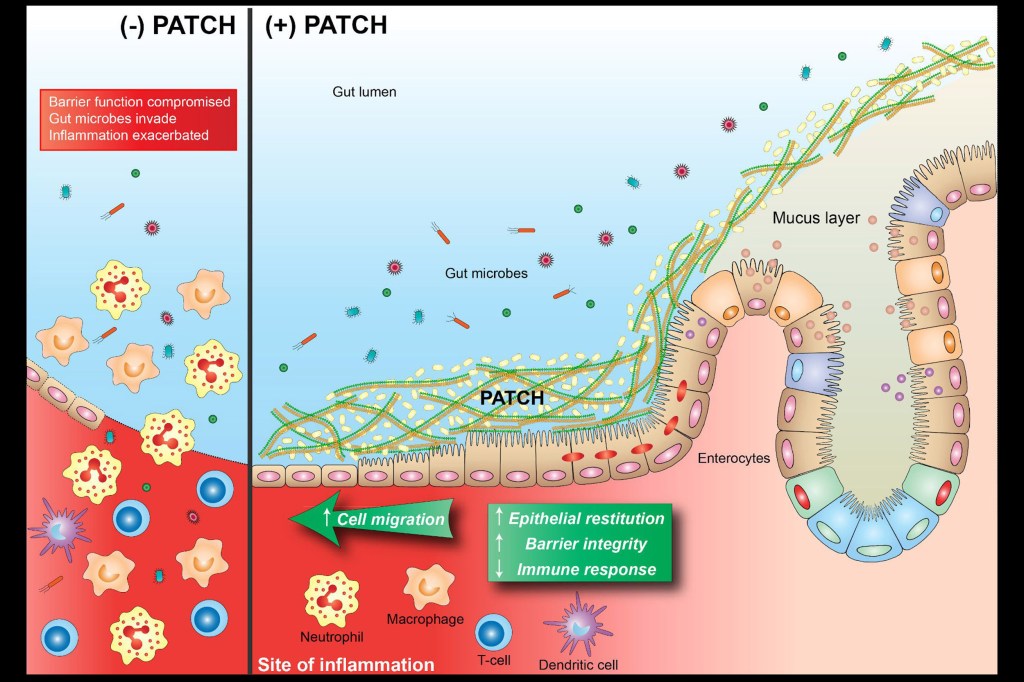
-
Who’s that girl?
New research suggests a country’s degree of gender equality can shape men’s ability to recognize famous female faces.

-
A platform for stable quantum computing, a playground for exotic physics
Harvard researchers have demonstrated the first material that can have both strongly correlated electron interactions and topological properties. The discovery both paves the way for more stable quantum computing and creates an entirely new platform to explore exotic physics.
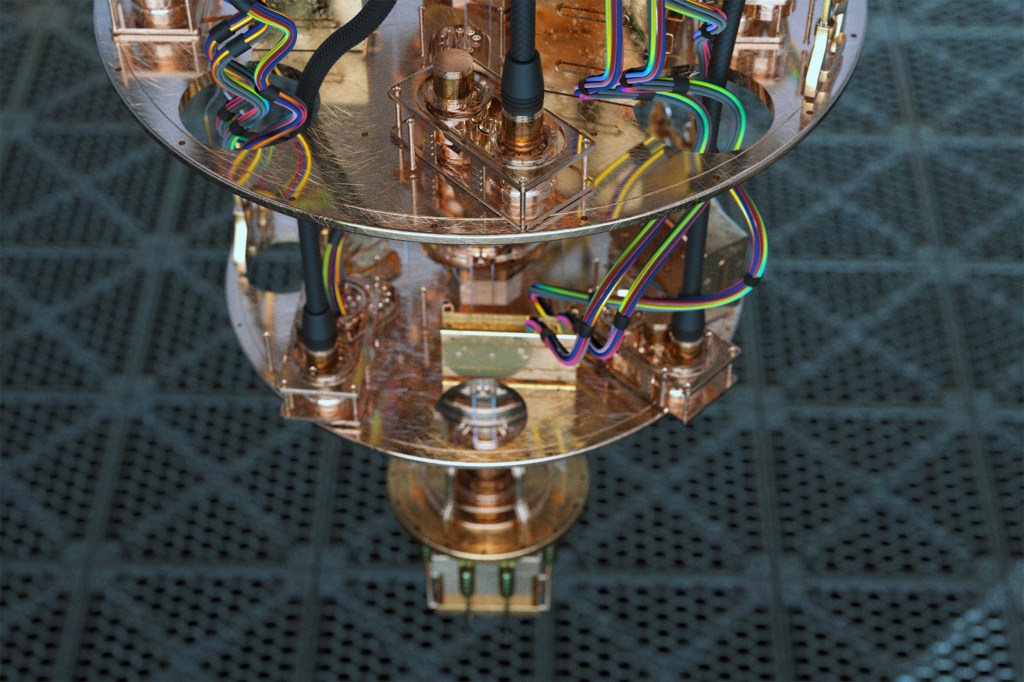
-
Speeding cell, gene therapy development
Innovative public-private partnership led by Harvard and MIT aims to bolster state’s role as a leading region globally for life sciences.
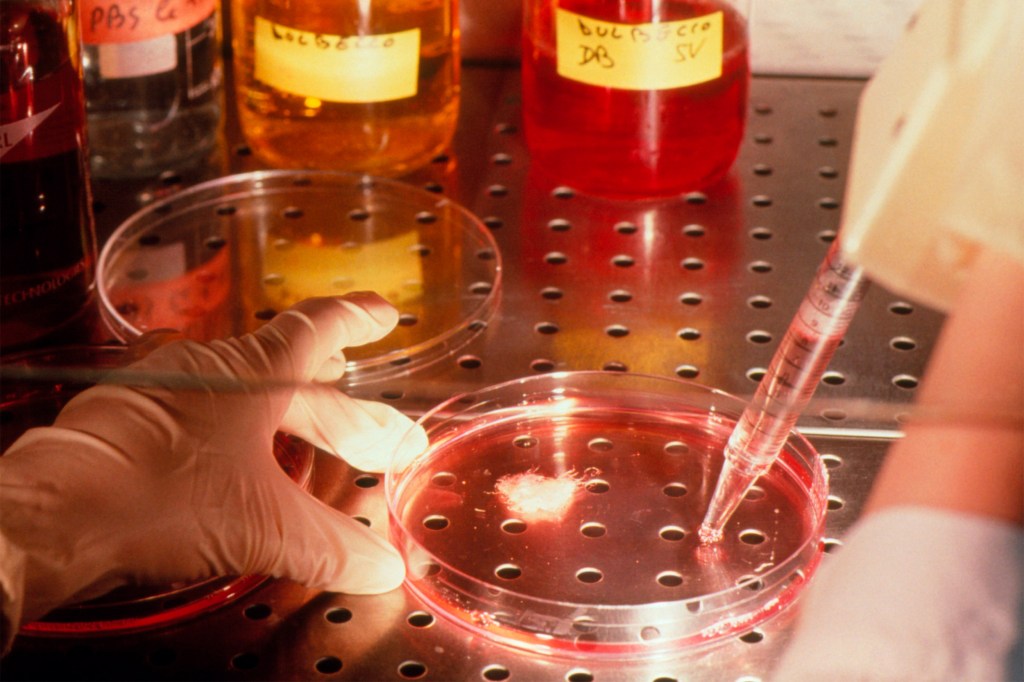
-
Chinese botanists hit trail with Arboretum
Chinese botanists collect seeds during their inaugural expedition in the Appalachian Mountains with members of the Arnold Arboretum.
